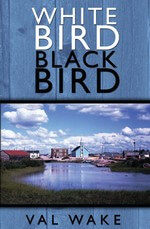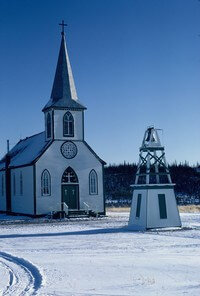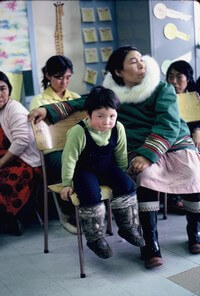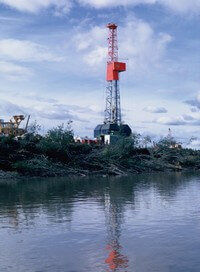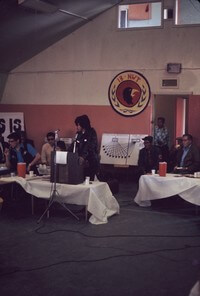White Bird Black Bird, Epic Novel of the Rights of Native Canadians vs. the Development of Oil and Gas Resources
White Bird Black Bird was written by Val Wake, the Australian-born journalist who worked for many years in Canada and England before returning to his native land. Wake worked for the Canadian Broadcasting Corporation (CBC) from 1969-73, the time when a mascent native rights movement, ran head-on into oil and gas development, big business and government policies. Wake's fictionalized account of the conflicts comes directly from his personal experience as the broadcast reporter who covered this story on location for the CBC, doing so by travelling from his base in Yellowknife throughout the Arctic regions of Canada.
While the rights of the indigenous peoples have now been established to some extent in various countries, this was not the case during the tumultuous, initial development of energy resources in the Canadian north. In fact, it was only in 2007 that the United Nations adopted its Declaration on the Rights of Indigenuous Peoples.
Wake tells his story from the perspective of fictional journalist Warren Pritchard and provides the kind of details that give his fiction true credibility. For such an important story in a relatively unknown time and place, we are lucky to have Val Wake's insider knowledge as the basis of his book. I'm sure that Wake's time as an information officer for the British Government added insight into the relationship between government and big business.
Those with an interest in human rights, the rights of indigenous peoples, the politics and business of exploiting energy resources, or one of the little-known stories of North American development, will see that White Bird Black Bird provides the goods. The novel also offers a rich and exciting read for fiction lovers everywhere.
White Bird Black Bird is available at amazon.com. I hope to follow up this brief post with an author interview accomplished by email.
Jim Bashkin nearlynothingbutnovels.blogspot.com
